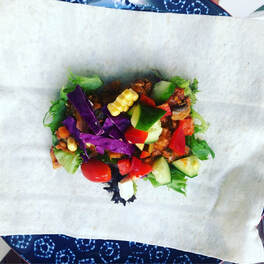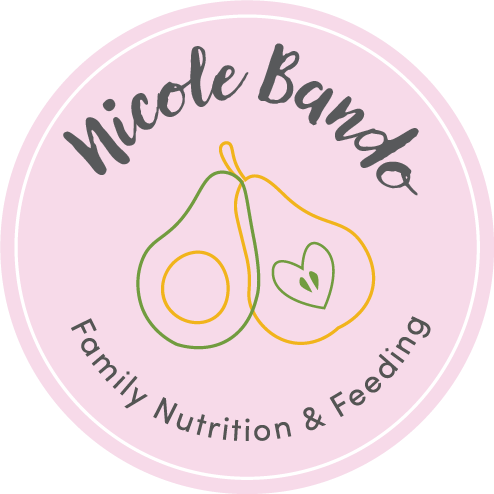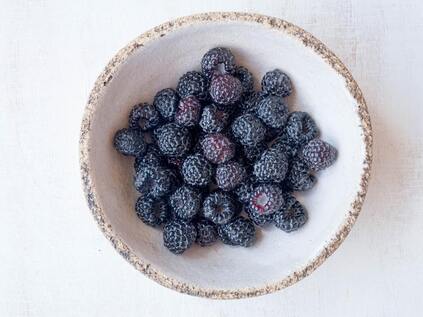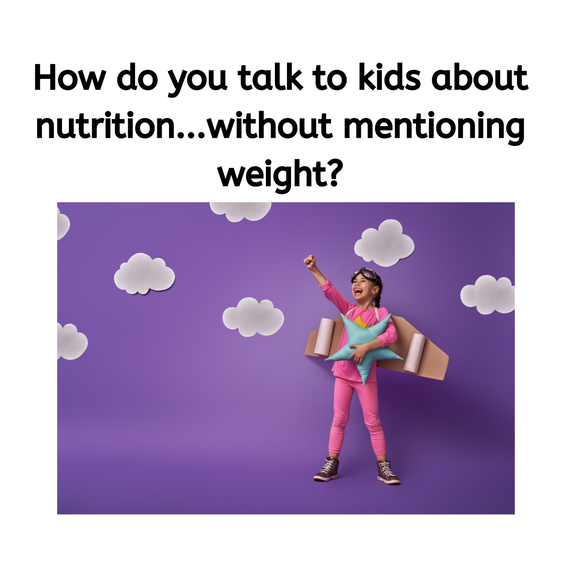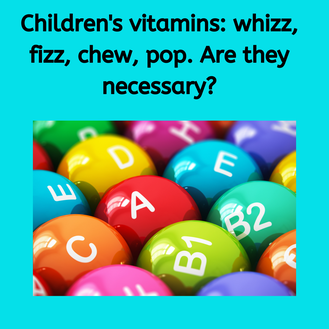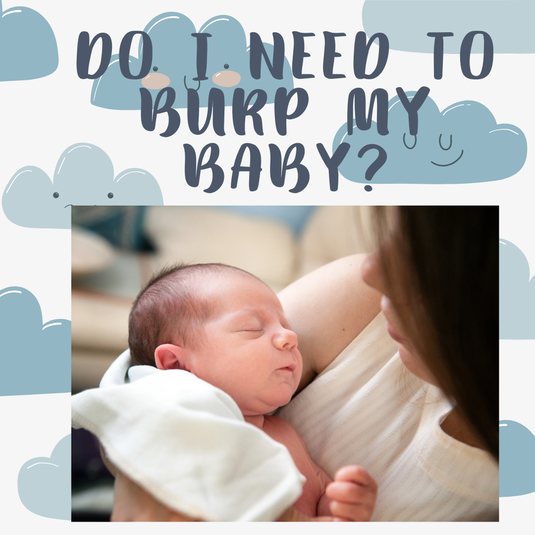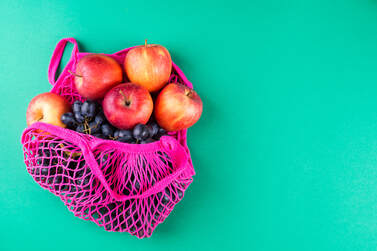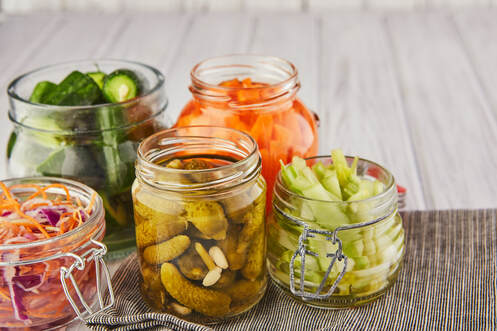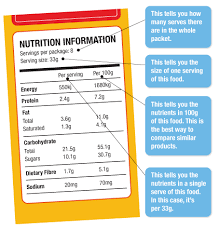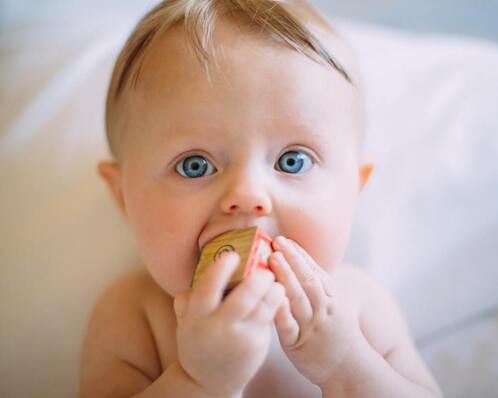As a Melbourne based Paediatric Dietitian, I discuss this very emotional topic with parents frequently. I like to to use positive language and practical strategies to encourage my families towards healthy change. Here are my tips for addressing the hard topic of nutrition and children’s bodies:
– Take action: it may be time to change family eating & lifestyle habits. Offer balanced meals and snacks based on the core food groups. Avoid having too many treat foods in the home. Be active together. Change as a family creates a positive environment for learning and avoids focus on an individual, which can create pressure, anxiety and fuel risk of disordered eating and negative body image.
– Talk about body image concerns: what we can do and the sort of people we are is more important than looks or weight. This is a great podcast: https://www.abc.net.au/…/teaching-your-kids…/12625036
– Avoid making negative comments about your body or your child’s body. As an adult, avoid crash diets as this role models unhealthy eating behaviours. Say positive things about your own body.
– Avoid blaming or shaming the child for their food choices or preferences. Remember that young children will eat what is on offer in their immediate environment and parents can change this.
– Talk about feelings of hunger and fullness. Children are excellent at reading their own cues. Remember it can take 20 minutes after eating for the hormones (chemical messengers) to send a message to the brain that the stomach is full. Encourage everyone in the family to recognise these signals, this can help to avoid 2nd portions when they may not be needed.
– Depending on the child’s age – use phrases such as: ‘eating fresh and colourful foods help us to grow strong & concentrate at school’ or talk about what they love. If your child loves soccer, then ‘eating ‘grow’ foods like meat, chicken and eggs makes our muscles strong to kick the ball’ and ‘go-go foods like bananas and Weet-bix give us the energy to play soccer or swing on the monkey bars.’
– Primary school aged children: don’t talk about weight, take action that involves changing the family habits
– Make changes gradually, growth occurs over time and small changes make a big difference
– Work with a paediatrician and paediatric dietitian for expert guidance.
A note about older children who may be feeling conscious about their bodies. Talk openly, answer their questions and understand why and how they are feeling this way. Social media has an incredible impact on our children’s body image & perception of self. Seek advice if you are concerned. Focus on health and growth, rather than ‘weight’. If children are overweight, it is recommended they maintain their weight, whilst their height catches up.
– Avoid demonising foods. Treat foods have their place and should be enjoyed in small portions, occasionally
